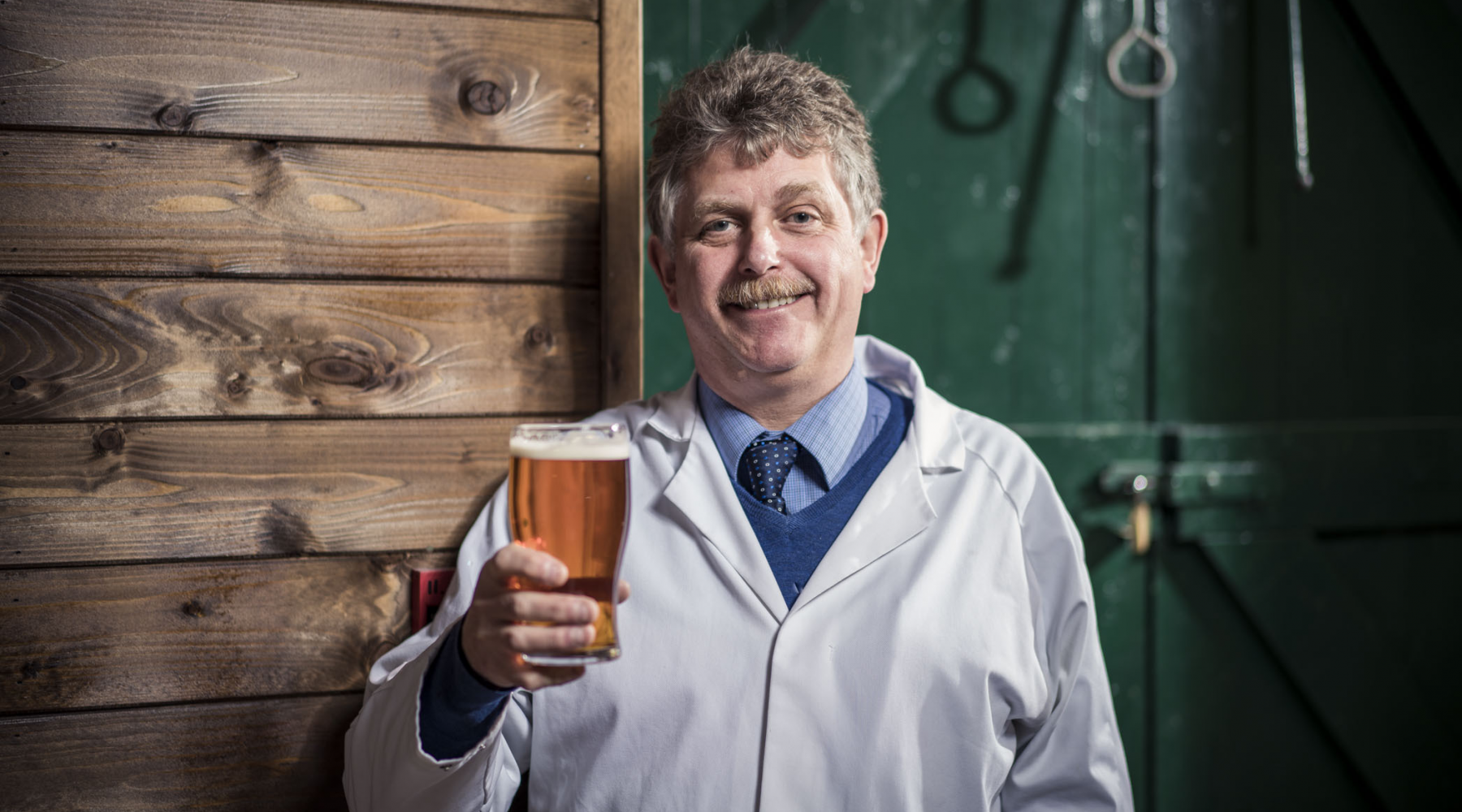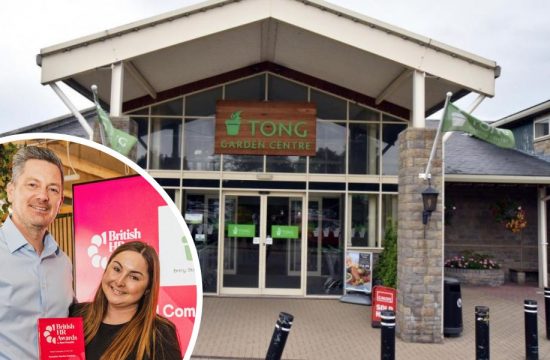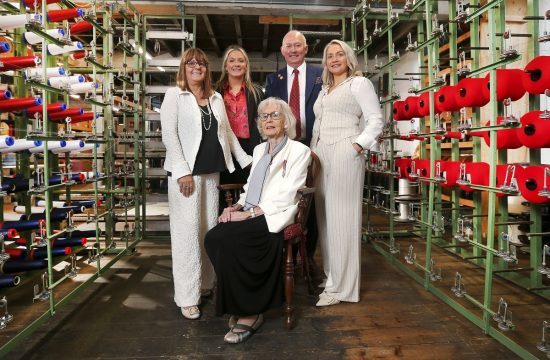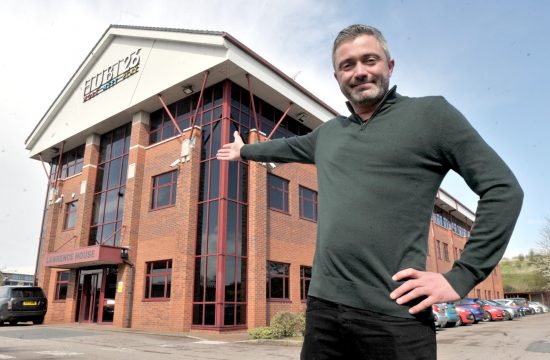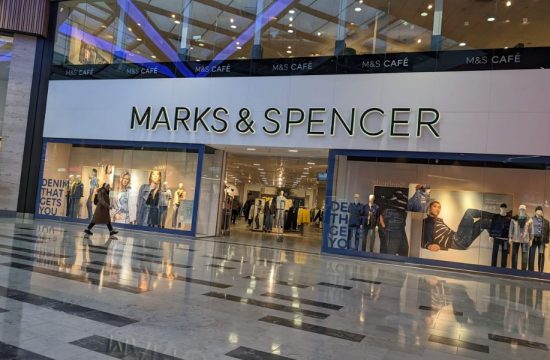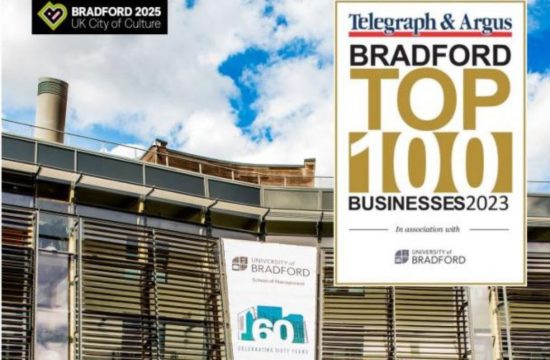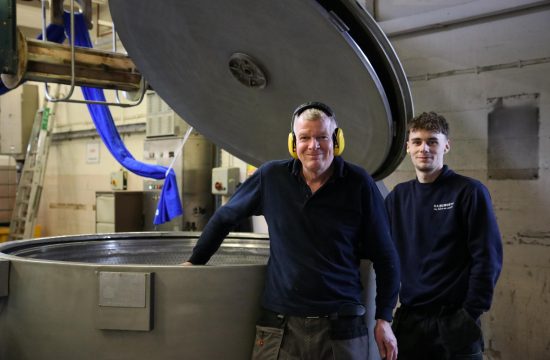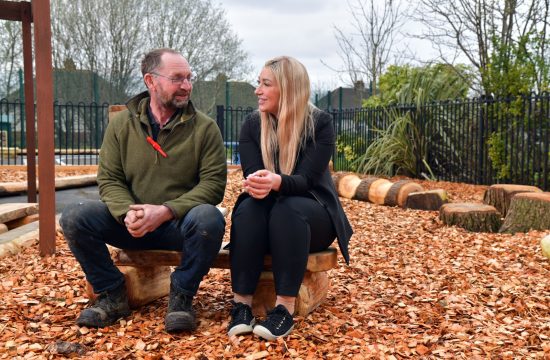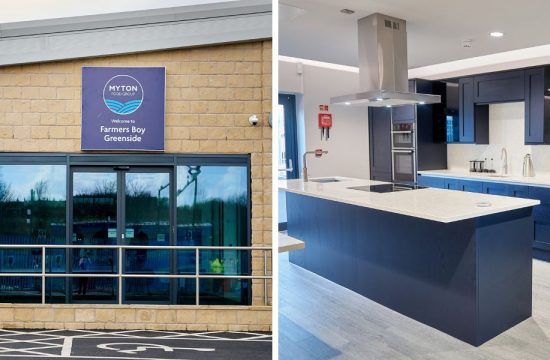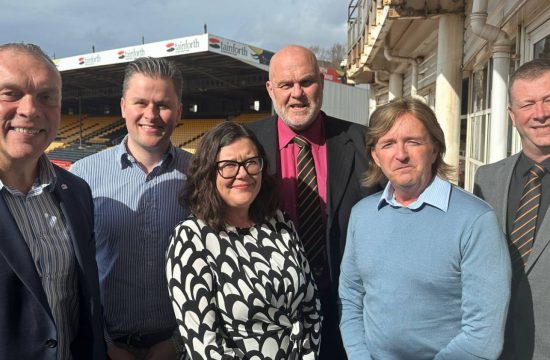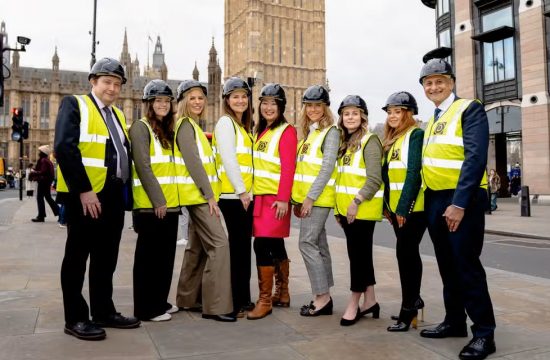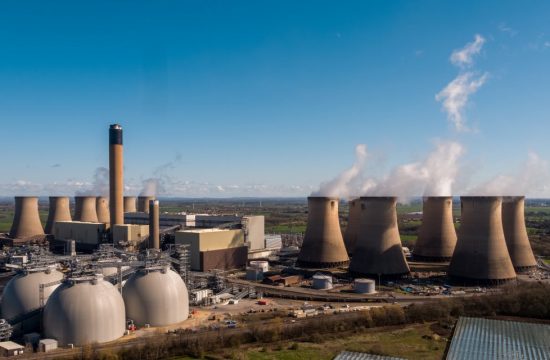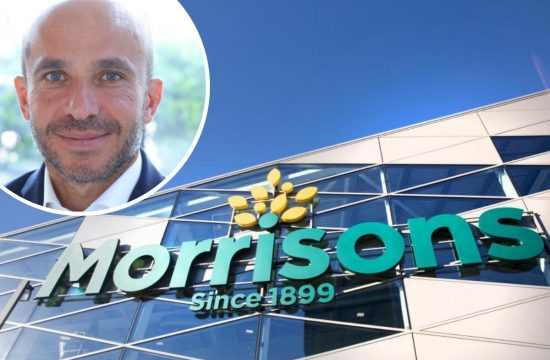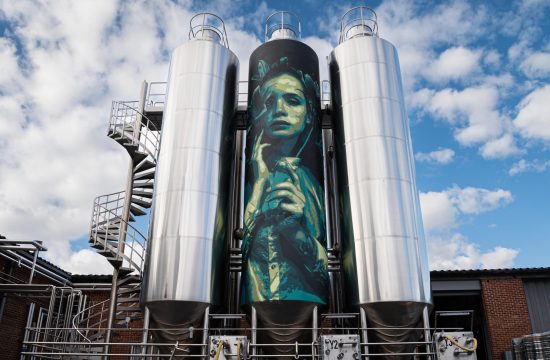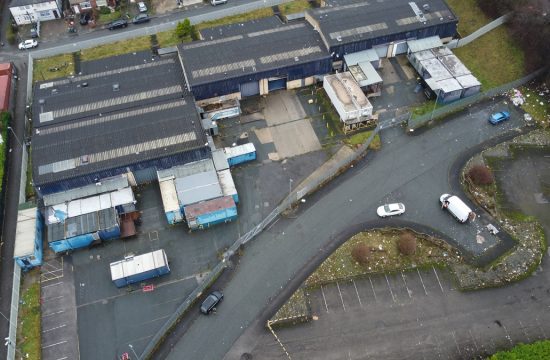The coronavirus pandemic has had a huge impact on the hospitality sector, and the long-term effect on pubs and the brewing industry may ultimately prove catastrophic.
By Damian Holmes
The boss of a world-renowned brewery based in the Bradford district says it is essential the industry is now supported by both the Government and the public in general as it tries to get back on its feet.
Damian Holmes of Bradford Means Business spoke to Tim Dewey, chief executive of the Keighley-based brewery Timothy Taylor’s about the future of pubs in the aftermath of Covid-19.
As re-opening gets underway, many industries are facing dramatic changes. Arguably, nothing will ever be the same again.
For pubs across the country – hit far more than many businesses by the effects of lockdown – the cost of those changes may prove insurmountable for some.
Tim Dewey, chief executive of the Keighley brewery Timothy Taylor’s, whose beers are sold in pubs across the UK, says conservative estimates suggest that at least 2,500 pubs – along with countless restaurants and hospitality venues – will close between now and the end of the year.

Tim Dewey, chief executive of the Keighley brewery Timothy Taylor’s
And he says if people want to be able to return to their locals as re-opening continues, it is vital they fully support those locals – and that the Government also shows better understanding of the sector’s needs and concerns.
Mr Dewey said the reopening of indoor hospitality on May 17, albeit with many restrictions still in place, and the delayed changes to relax the rules much further in July, were good to see, but said it was just one step on the route back.
“While a welcome step, it is vital that we all, and especially the government, recognise that this is just one step on the route to survival for these outlets given the impact that Covid has had on their ability to open and trade during the past year,” he said.
The roadmap to recovery had set June 21 as the date for the full relaxation of lockdown rules, but that was put back a month by the Government after a surge in the infection rate, mostly due to the increasing prevalence of the Delta variant.
Tim said that delay, although modest in the bigger picture, had had a significant effect, compounding already difficult conditions and impacting on customer confidence.
Speaking before any final decision was taken on the July 19th lifting of restrictions, he said: “It means that outlets continue to bear the additional costs of complying with Covid protocols (estimated at circa £900 a week) while being unable to benefit from the increased levels of trade that the relaxation would have allowed.
“In addition, it sent a message to consumers that would have dented their confidence in going out. If I give you a personal example, our tenants who run the Boltmakers Arms in Keighley (a small, cosy and atmospheric outlet), opened it in the beginning of June for the first time since being forced to close it in March 2020.
“They thought they would have a few weeks getting the pub ready for full reopening, even if these would be uneconomic weeks, but are now faced with a further four weeks of losses ahead of the revised date.”
He said decent weather along with the Euros and England’s success in them had indicated trade in pubs since the limited reopening had been better than initially estimated, with recent data suggesting many were trading at around 90% of 2019 levels rather than the 75% feared.
“However, they are also incurring extra costs of around £900 a week due to the continuing restrictions and many have significant debts to repay. Therefore, the lifting of restrictions one month later than initially set out will, at the very least, delay their ability to begin to repay debt through enhanced trading levels.”
Many operators have taken on significant debt in the past year in the hopes of survival, he said. “According to UK Hospitality, pubs, restaurants, and hotels have built up £2 billion of rent debt and £6 billion of government loans during the past year, equating to an average debt of £73,000 per premises.”
Tim’s view was that the Government had failed to appreciate the costs and challenges of closing hospitality venues, and it had also made decisions on closures or imposing strident restrictions without supporting data, but instead “for the sake of appearances”.
“There was also a lack of understanding of the economics of the industry, most exemplified by the derisory £1,000 payment for wet led pubs,” he added.
In terms of what the Government can now do to address the issue, he said: “The Government [has to] stop demonising our industry and be fact-based in their approach. Many pubs play a vital role in their communities in promoting responsible drinking, socialisation and combating loneliness.
“Most have worked hard to be Covid-secure. So, it makes operators angry when the Government implements curfews with no evidence or closes our industry using a ‘dodgy dossier’ containing obscure examples from Asia.
“In March of this year, I listened aghast as the Chief Executive of Admiral Taverns was interviewed on BBC radio and patiently explained to the journalist how Public Health England data supported the safety of pubs, only to get the response: “…well it’s about perceptions…” – I am not sure how she would feel if her life’s work or livelihood was threatened by ‘perceptions’.
“Going forward the Government needs to look at the overall tax burden on our industry and introduce much needed reform.
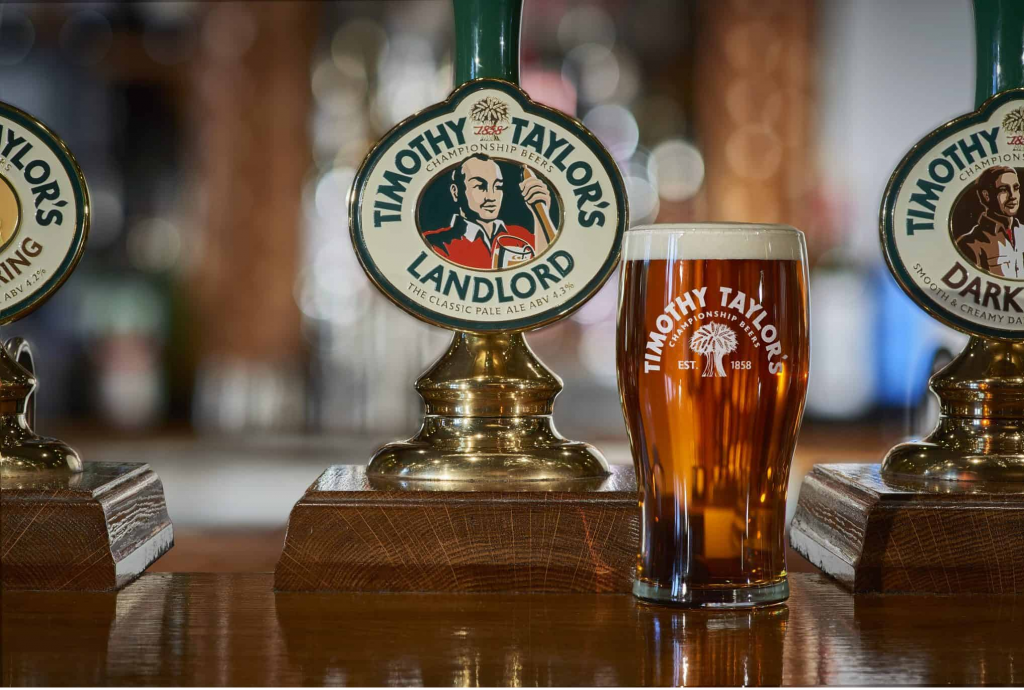
“This would cover areas such as rates (pubs pay 2.8% of the rates bill but account for 0.5% of business turnover), alcohol duties and VAT.
“In addition, the government should refrain from further red tape and legislation on our industry to give it time to recover; yet they have already announced the introduction of calorie counts on menus from April 2022.”
It was also imperative that the public got behind their locals, he said.
A survey by the British Beer and Pub Association (BBPA) indicated that around 40% of people said their favourite pub was still closed, so there was a recognition of the potential impact of the situation.
“It is vital that the public support their local either now or when it does re-open. My message to the public would be that without your support a sector that already had many challenges ahead of the pandemic will come out the other side a mere shadow of its former self.”
He said the fact that Timothy Taylor’s had been a well-run, family-owned business for decades, with family shareholders passionate about the firm does and willing to re-invest rather than take large dividends, had put the brewery on a solid financial footing where survival is not at issue, although he recognised this was not the case for many breweries.
“However, our ability to thrive is dependent upon a healthy pub industry, as our fame is tied to cask ale, which, practically, can only be found in pubs and other similar venues.
“The feedback we are getting from our customers is that they have been grateful for the support we have provided (no rent during shut-down for our pubs; credits for outlets and customers that couldn’t sell our beer due to lockdown) and our ability to supply efficiently and in full on re-start. We certainly don’t take their custom for granted.”
Tim recognised that in the greater scheme of things, some might think talking about pubs and socialisation might seem trivial or insensitive.
“But I also think that in these challenging times we all need to see some sort of light at the end of the tunnel,” he went on.
“Surely getting back to the pub and enjoying the company of friends and family, whether to celebrate or commiserate or just enjoying being in the company of strangers is absolutely vital to this?
“Given the events of the past year, we cannot take pubs for granted. The government cannot take pubs for granted. To quote Joni Mitchell: ‘You don’t know what you’ve got till it’s gone.’”



